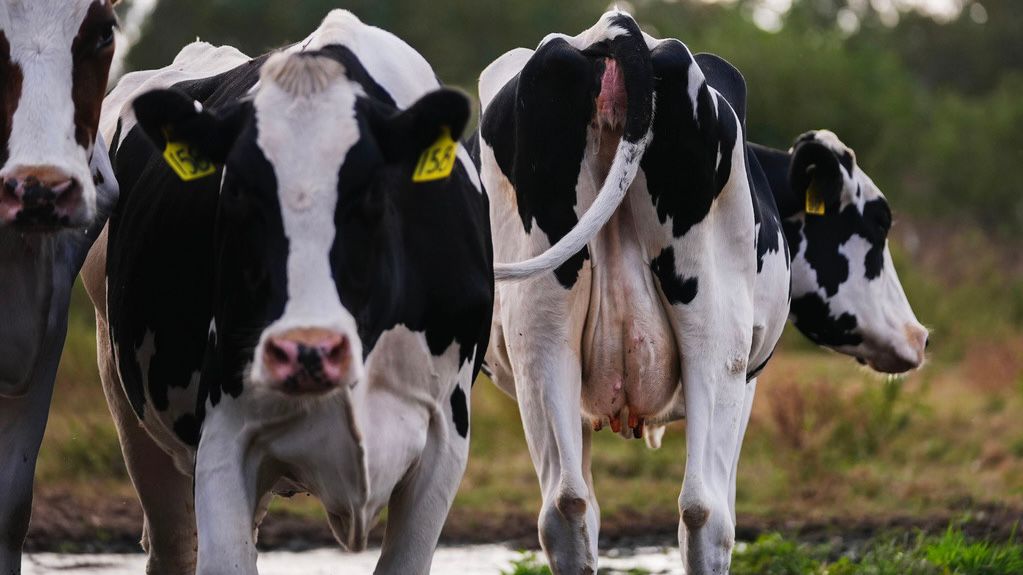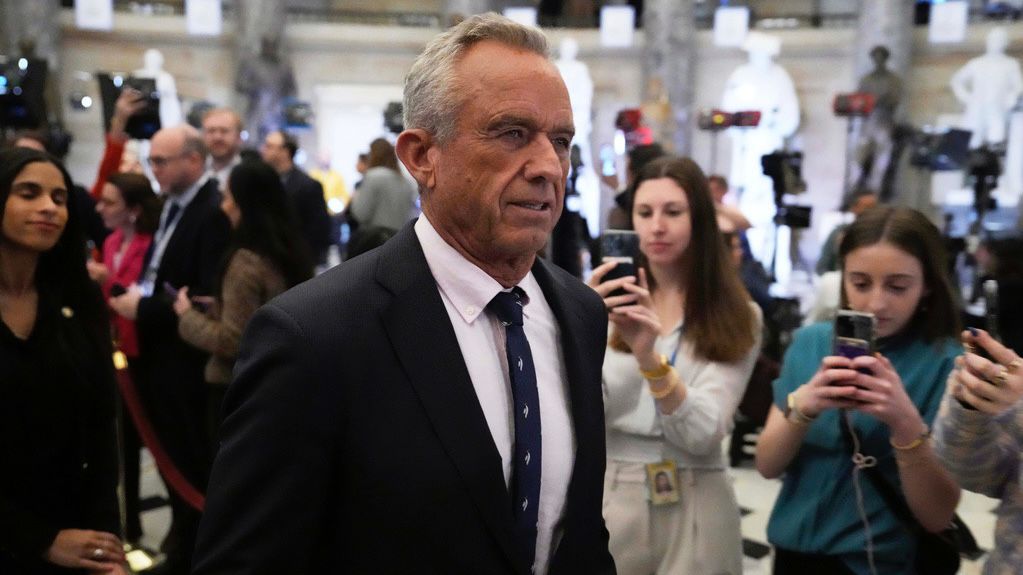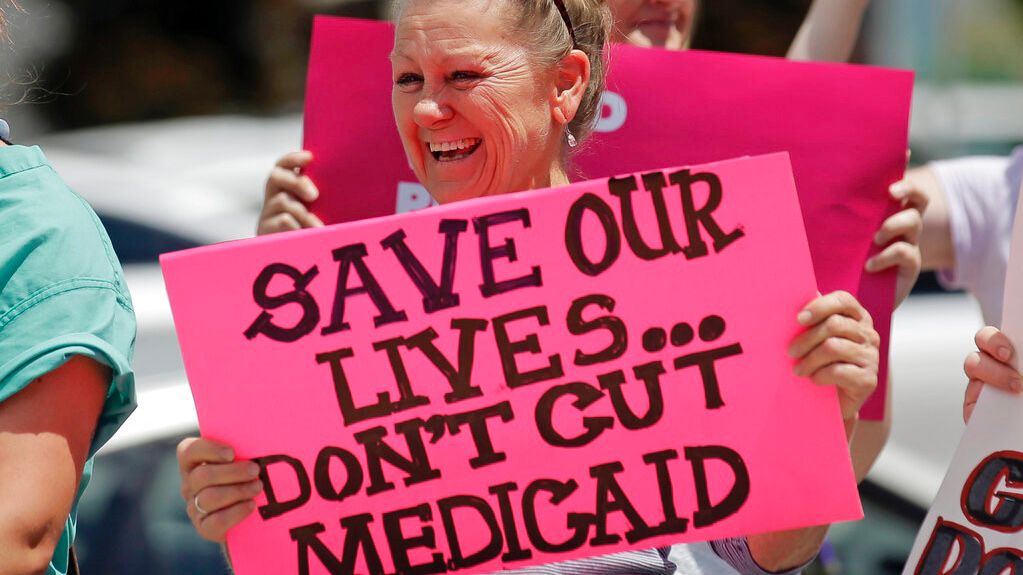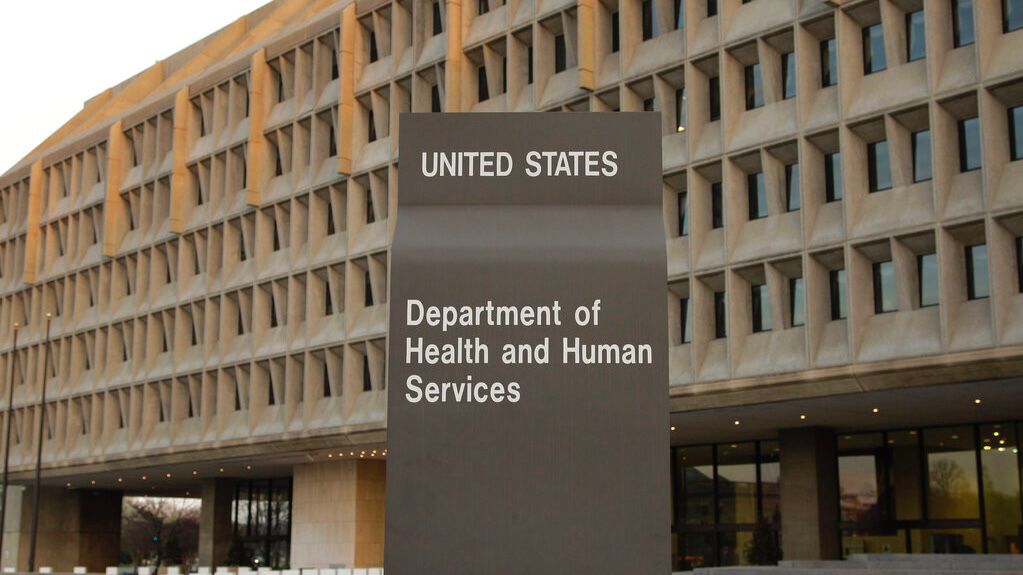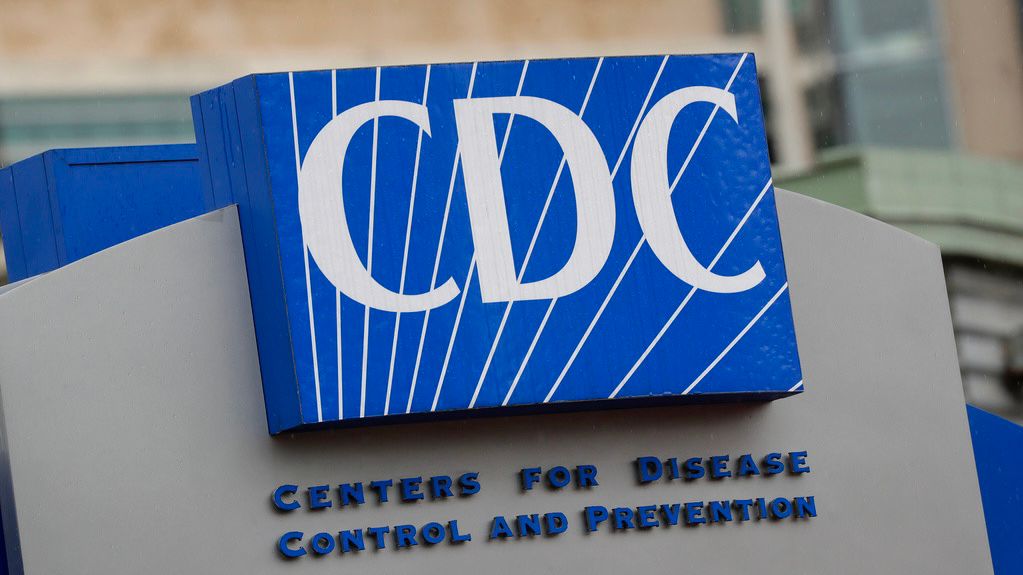Raw, unpasteurized milk samples will need to be collected and shared with the United States Department of Agriculture for testing, the agency announced Friday. The new national milk testing strategy is intended to comprehensively keep tabs on the nation’s milk supply, nine months after bird flu was detected in dairy cows in several states.
“Since the first HPAI detection in livestock, USDA has collaborated with our federal, state and industry partners to swiftly and diligently identify affected herds and respond accordingly,” Agriculture Secretary Tom Vilsack said in a statement.
The new milk testing strategy “will give farmers and farmworkers better confidence in the safety of their animals and ability to protect themselves, and it will put us on a path to quickly controlling and stopping the virus," he said.
Friday’s federal order consists of three components. It requires farms, milk transporters and dairy-processing facilities to share raw milk samples when requested and herd owners whose cattle have tested positive for H5N1 to provide epidemiological information for contact tracing and disease surveillance.
It also requires private laboratories and state veterinarians to report positive H5N1 test results to the USDA.
The new national milk testing strategy comes days after the California Department of Public Health issued a voluntary recall of raw milk after tests detected bird flu virus was present. California is one of 15 states that have detected bird flu in dairy cattle since March. More than 50 people in the United States have been infected with the H5N1 virus since it was first detected in dairy cows, according to the U.S. Centers for Disease Control.
Both the Food and Drug Administration and the USDA say studies confirm pasteurization inactivates H5N1 in raw milk and that the U.S. milk supply is safe because 99% of commercial milk in the United States is pasteurized.






